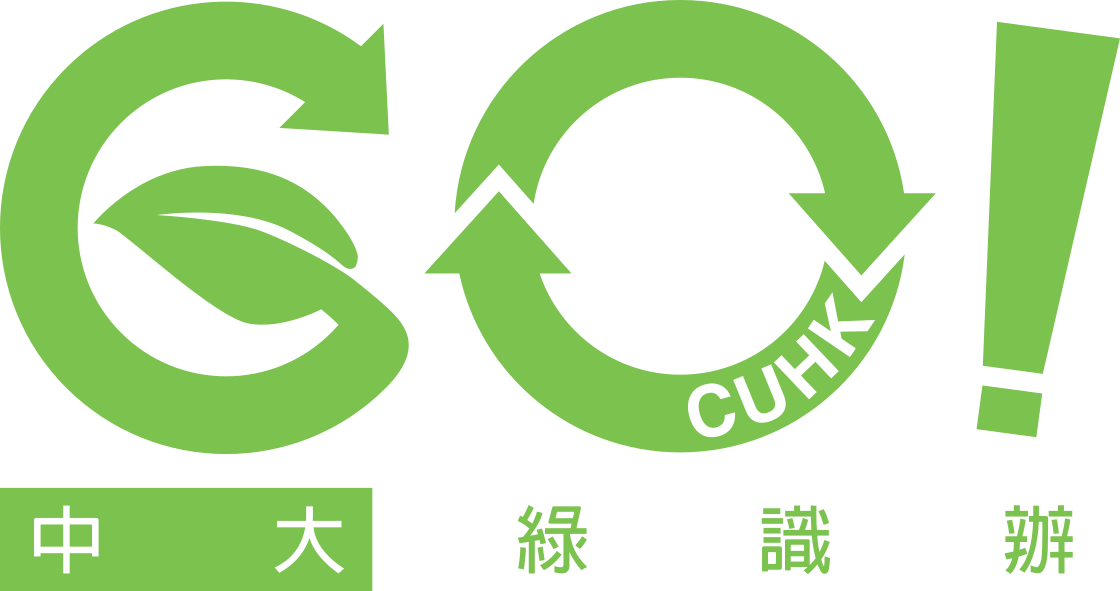Faculty

許展明教授
職銜:
地址:
電郵:
電話:
傳真:
網站:
Ph.D., Northwestern
副教授
信和樓344室
cmhui@psy.cuhk.edu.hk
3943 4246
2603 5019
Self-Regulation Laboratory
簡介
許展明教授於香港中文大學取得學士及碩士學位,並在美國西北大學獲得社會心理學博士學位。自2014年起,他一直在香港中文大學擔任教職。他專注於探索目標追求中的動機過程及人際關係,並運用實驗、互動錄影、速配(speed-dating)和密集縱向等研究方法去探討。近期,他開始研究個人目標動態如何影響一個人對戀愛或單身的取態。
研究興趣
我的兩個主要研究興趣是自我管理及人際關係。作一個動機心理學家,我的研究主要是(一)辨認及分辨在個人及人際自我管理過程中的不同動機;(二)研習這些不同動機對個人目標追求及關係質素的影響及(三)探求這些動機在不同關係,環境及文化下的運作。
教學科目
- PSYC1091- 走進心理學
- PSYC4905- 研究實習
- PSYC6000- 主要心理學範疇研習
- PSYC7020- 社會及人格心理學研討班
學術期刊著作
Chiu, C. D., Chang, J. H., & Hui, C. M. (2017). Self-concept integration and differentiation in subclinical individuals with dissociation proneness. Self and Identity, 16, 364-383. doi:10.1080/15298868.2017.1296491
Molden, D. C., Hall, A., Hui, C. M., & Scholer, A. A. (2017). Understanding how identity and value motivate self-regulation is necessary but not sufficient: A motivated effort-allocation perspective. Psychological Inquiry, 28, 113-121. doi:10.1080/1047840X.2017.1337402
Hui, C. M., & Tsang, O. S. (2017). The role of materialism in self-disclosure within close relationships. Personality and Individual Differences, 111, 174-177. doi:10.1016/j.paid.2017.02.021
Chow, J. T. S., Hui, C. M., & Lau, S. (2015). A depleted mind feels inefficacious: Ego-depletion reduces self-efficacy to exert further self-control. European Journal of Social Psychology, 45, 754-768. doi:10.1002/ejsp.2120
Burnette, J. L., Davisson, E., Finkel, E. J., van Tongeren, D. R., Hui, C. M., & Hoyle, R. H. (2014). Self-control and forgiveness: A meta-analysis. Social Psychological and Personality Science, 5, 442-449. doi:10.1177/1948550613502991
Finkel, E. J., Hui, C. M., Carswell, K. D., & Larson, G. M. (2014). The suffocation of marriage: Climbing Mount Maslow without enough oxygen. Psychological Inquiry, 25, 1-41. doi:10.1080/1047840X.2014.863723
Finkel, E. J., Larson, G. M., Carswell, K. D., & Hui, C. M. (2014). Marriage at the summit: Response to commentaries. Psychological Inquiry, 25, 120-145. doi:10.1080/1047840X.2014.890512
Hui, C. M., Finkel, E. J., Fitzsimons, G. M., Kumashiro, M., & Hofmann, W. (2014). The Manhattan effect: When relationship commitment fails to promote support for partners’ interests. Journal of Personality and Social Psychology, 106, 546-570. doi:10.1037/a0035493
Hui, C. M., & Molden, D. C. (2014). Maintaining commitment in the presence of alternative opportunities: The role of motivations for prevention or promotion. Social Cognition, 32, 571-584. doi:10.1521/soco.2014.32.6.571
Hui, C., M., Molden, D. C., & Finkel, E. J. (2013). Loving freedom: Concerns with promotion or prevention and the value of autonomy in close relationships. Journal of Personality and Social Psychology, 105, 61-85. doi:10.1037/a0032503
Chen, S. X., Guan, Y. J., & Hui, C. M. (2012). Responding to news about a natural disaster: The interplay of group identification and social cynicism in perceived prototypicality. International Journal of Intercultural Relations, 36, 586-597. doi:10.1016/j.ijintrel.2011.12.007
Ho, M. Y., Chen, S. X., Bond, M. H., Hui, C. M., Chan, C., & Friedman, M. (2012). Linking adult attachment styles to relationship satisfaction in Hong Kong and the United States: The mediating role of personal and structural commitment. Journal of Happiness Studies, 13, 565-578. doi:10.1007/s10902-011-9279-1
Hui, C. M., Bond, M. H., & Molden, D. C. (2012). Why do(n’t) your partner’s efforts at self-improvement make you happy?: An implicit theories perspective. Personality and Social Psychology Bulletin, 38, 101-113. doi:10.1177/0146167211420734
Kurman, J., & Hui, C. M. (2012). Cultural regulatory fit and self-regulatory strategies after unsuccessful outcomes. European Journal of Social Psychology, 42, 482-489. doi:10.1002/ejsp.1838
Kurman, J., Hui, C. M., & Dan, O. (2012). Changing the world through changing the self: Understanding a new control strategy through self-reported coping plans in two cultures. Journal of Cross-Cultural Psychology, 43, 15-22. doi:10.1177/0022022110388565
Molden, D. C., Hui, C. M., Scholer, A. A., Meier, B. P., Noreen, E. E., D’Agostino, P. R., & Martin, V. (2012). The motivational versus metabolic effects of carbohydrates on self-control. Psychological Science, 23, 1137-1144. doi:10.1177/0956797612439069
Molden, D. C., & Hui, C. M. (2011). Promoting de-escalation of commitment: A regulatory focus perspective on sunk costs. Psychological Science, 22, 8-12. doi:10.1177/0956797610390386
Hui, C. M., & Bond, M. H. (2010). Relationship between social axioms and subjective well-being: The role of self-regulation. Journal of Psychology in Chinese Societies, 11, 29-52. [no doi]
Hui, C. M., Fok, H. K., & Bond, M. H. (2009). Who feels more ambivalence?: Linking dialectical thinking to mixed emotions. Personality and Individual Differences, 46, 493-498. doi:10.1016/j.paid.2008.11.022
Hui, C. M., & Bond, M. H. (2009). To please or to neglect your partner?: Attachment avoidance and relationship-driven self-improvement. Personal Relationships, 16, 129-145. doi:10.1111/j.1475-6811.2009.01214
Fok, H. K., Hui, C. M., Bond, M. H., Matsumoto, D., & Yoo, S. H. (2008). Integrating personality, context, relationship, and emotional type into a model of display rules. Journal of Research in Personality, 42, 133-150. doi:10.1016/j.jrp.2007.04.005
Hui, C. M., Lo, I. Y. M., Bond, M. H., & Kam, C. C. S. (2008). Which aspects of interpersonal experience count in judgments of well-being? Personality and Individual Differences, 44, 501-511. doi:10.1016/j.paid.2007.09.014




